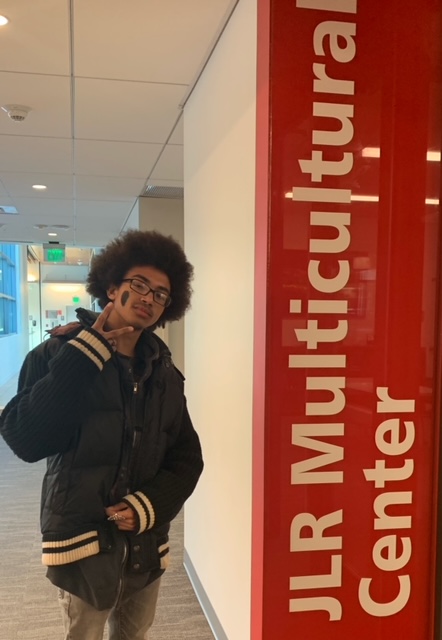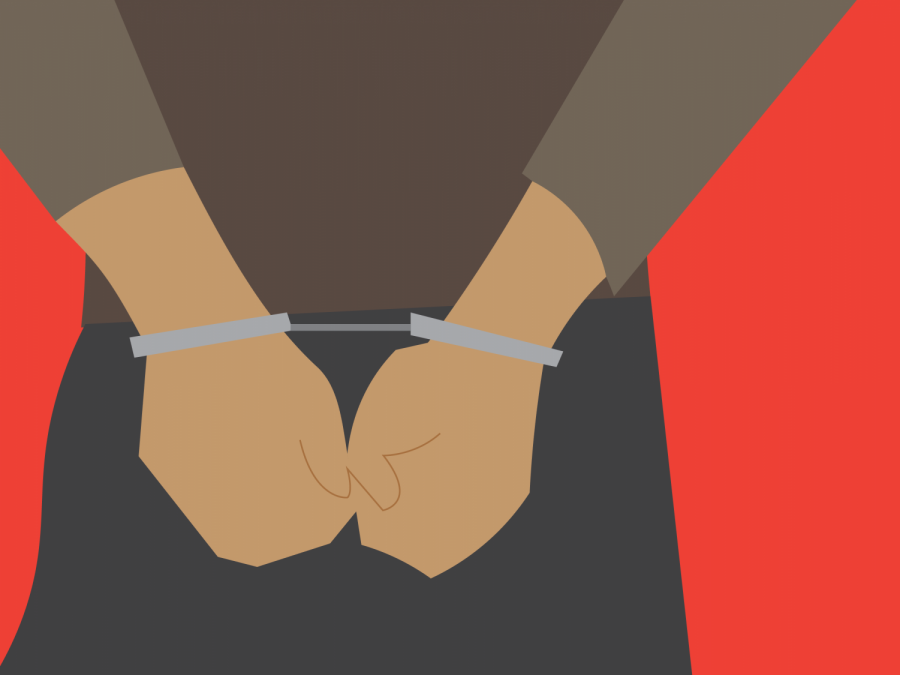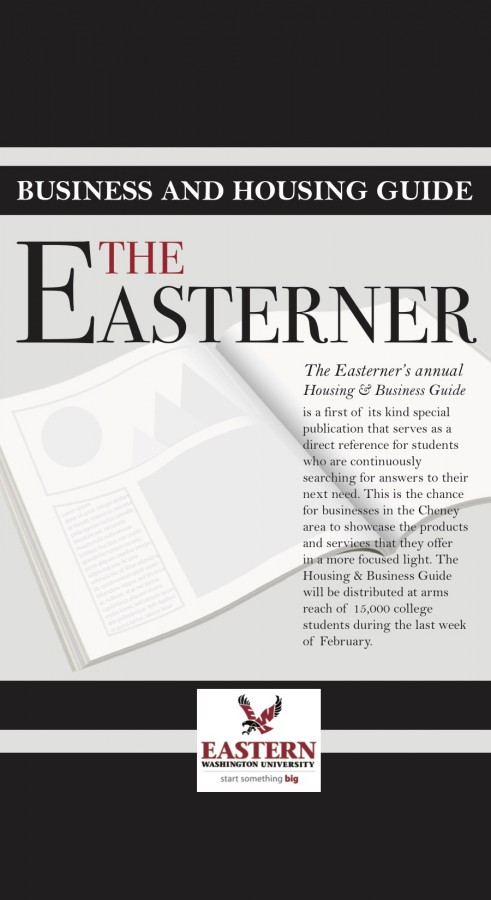We’re all bound to get a little upset when people say things we don’t like or insult our way of life.
The way in which we respond to the things people say tells a lot about us.
Many people are of the mindset that certain speech should be restricted for a variety of reasons. However, though we may disagree with them, we should recognize and defend their right to say what they want, no matter how wrong or offensive. We should embrace John Stuart Mills’s marketplace of ideas We should understand that the solution to bad speech is more speech.
The biggest threat to free speech today is the pervasive idea that speech that angers a population to the point where they may commit violence is a threat to our national security. Because supposedly offensive content has been either used as a pretext for violence or blamed for unrelated violence, it has been met with calls for censorship, even from within the U.S.
Ben Franklin once said “They who can give up essential liberty to obtain a little temporary safety, deserve neither liberty nor safety.”
In the post-9/11 world, Americans are perpetually obsessed with safety, and they have no problem sacrificing liberty to get more of it, however illusionary it may be. Any behavior that can be characterized as dangerous is targeted for restriction.
“Agitprop” is defined as propaganda designed to agitate. Since the YouTube film “Innocence of Muslims” was first falsely blamed for the attack on the U.S. Consulate in Benghazi, Libya, nearly two months ago, this type of expression has been the subject of much attention.
An event profiled in this paper three weeks ago highlights the growing threat to freedom of speech from people who seek to delegitimize any expression that they deem offensive. Dr. Lawrence Pintak held a presentation at the Spokane Club to discuss the ramifications of agitprop. If this event was simply to counter the offensive speech with more speech, that is fine. However, an EWU student at the event was quoted saying “Offending Muhammad or any other prophet is not acceptable.” This shows a great misunderstanding of the purpose of free expression, and, unfortunately, it does not seem to be a rare viewpoint.
Several prominent academics and media personalities called for the arrest of Mark Youssef, the creator of “Innocence of Muslims.”
Anthea Butler, a professor at University of Pennsylvania, wrote in the pages of USA Today that Youssef should be arrested. One of the reasons she offered is that Gen. Martin Dempsey, the chairman of the joint chiefs of staff, said the video was a threat to national security. Words cannot reflect the irony of a liberal college professor advocating for the highest-ranking man in the military to be the arbiter of what is and what is not acceptable speech.
Any deference to the discretion of the military on freedom of speech questions defeats the purpose of even having a military. The military exists to defend our rights. Its members swear an oath to support and defend the Constitution. When those rights are nullified, there is nothing left for it to defend.
Even if you accept that the video was the cause of violence, the video did not incite people to commit violence. You cannot be held responsible for the actions of those who you criticize when they do not like what you have to say.
These calls for what essentially amount to blasphemy laws are themselves blasphemous to western values. For nothing more than a false sense of security, they would drag us back into the dark ages.
Last week, Youssef was sentenced to a year in federal prison for probation violations. It is painfully obvious that the vigor with which he has been pursued by the federal government stems not from his previous fraud conviction but from his movie.
Due to his extensive criminal past, Youseff is not likely to garner much sympathy from the public. This makes him the perfect candidate for the squashing of constitutional rights, and the perfect scapegoat to shift the blame for the attack off of the government.
If you accept the notion that speech should be subject to the feelings of others, you must be in favor of establishing an arbitrary limit to freedom of speech that can be adjusted whenever a group decides that something new is offensive to them. You also must accept that for speech codes to take into account people’s religious sensibilities, there must be either a government official who decides what is acceptable or the majority of the people will decide. Either scenario is incompatible with liberty.
People often label speech that they disagree with as extremist. A belief that free expression should be sacrificed to make you feel safer is the true extremist viewpoint.
Categories:
Editorial: Freedom of expression and our obsession with the illusion of security
November 14, 2012
0
Tags:
More to Discover












